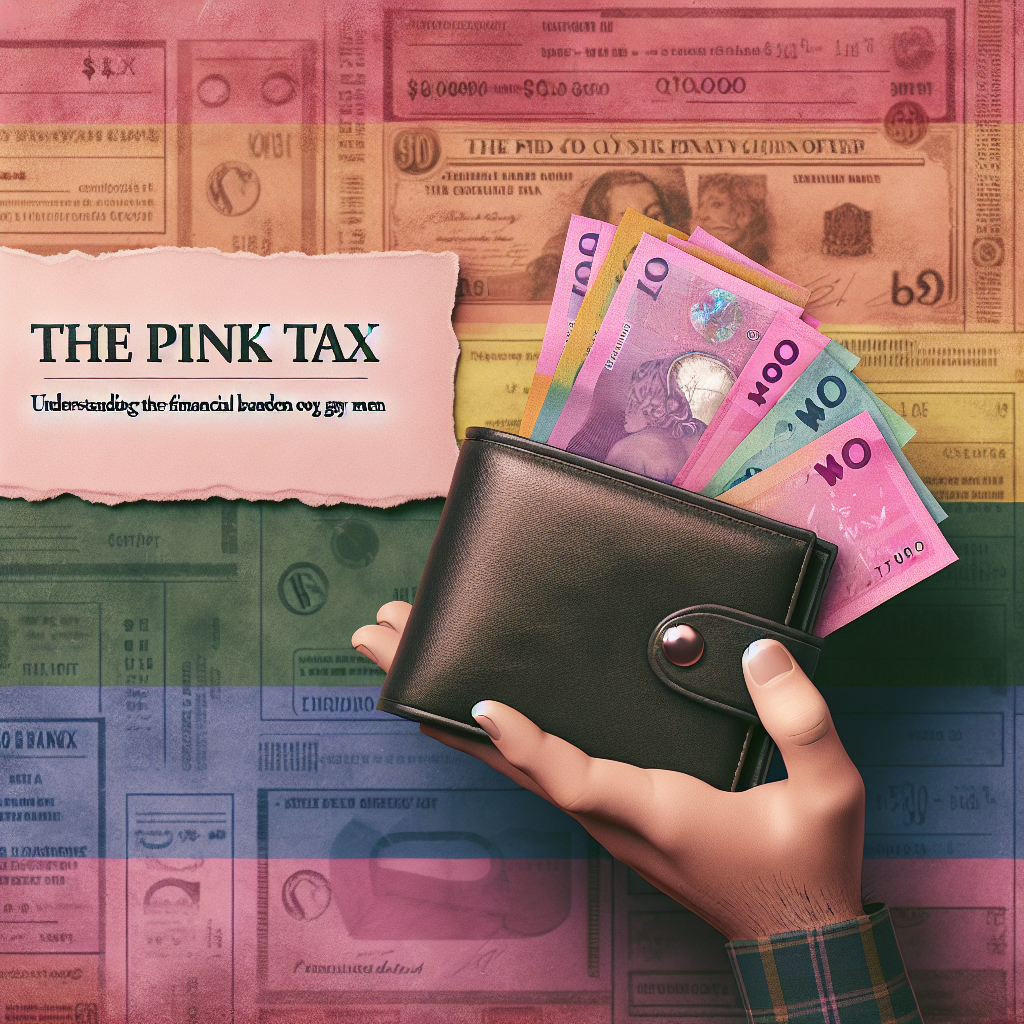The Pink Tax is a well-known phenomenon that refers to the extra amount of money women often have to pay for certain products and services compared to men. This discrepancy is often attributed to gender-based pricing, with items marketed towards women being priced higher than similar products marketed towards men. This financial burden is one that many women have become all too familiar with, but what about gay men?
While the Pink Tax is often associated with gender-based pricing for women, it is important to recognize that gay men also face their own unique financial burden. The intersection of gender and sexual orientation can create additional challenges when it comes to navigating the cost of living and accessing necessary goods and services.
One aspect of this financial burden is the cost of grooming and personal care products. Gay men may feel societal pressure to maintain a certain level of grooming and appearance, which can result in higher spending on skincare, hair care, and grooming products. In addition, these products are often marketed as luxury items, leading to inflated prices that can quickly add up.
Furthermore, the cost of health care is also a significant financial burden for many gay men. Studies have shown that gay men are more likely to face discrimination in health care settings, which can result in higher costs for necessary medical care. Additionally, gay men are more likely to seek out specialized medical services, such as HIV testing and treatment, which can be costly and may not always be covered by insurance.
The financial burden on gay men is further exacerbated by the wage gap. Studies have shown that gay men earn significantly less than their straight counterparts, and this discrepancy is even greater for gay men of color. This lower income can make it even more challenging for gay men to afford the necessary products and services to maintain their health and well-being.
It is crucial to recognize and address the financial burden that gay men face, as it can have a significant impact on their overall well-being and quality of life. Organizations and policymakers must work towards addressing the wage gap, advocating for affordable access to necessary health care services, and challenging gender-based pricing practices that disproportionately affect gay men.
In conclusion, the Pink Tax is just one aspect of the financial burden that gay men face. By understanding and addressing these challenges, we can work towards creating a more equitable society where everyone, regardless of their sexual orientation, can access the goods and services they need without facing an unfair financial burden.
